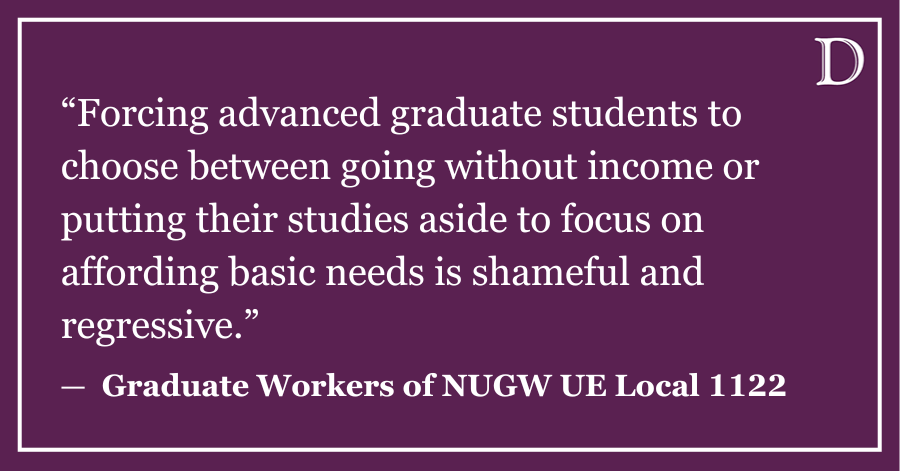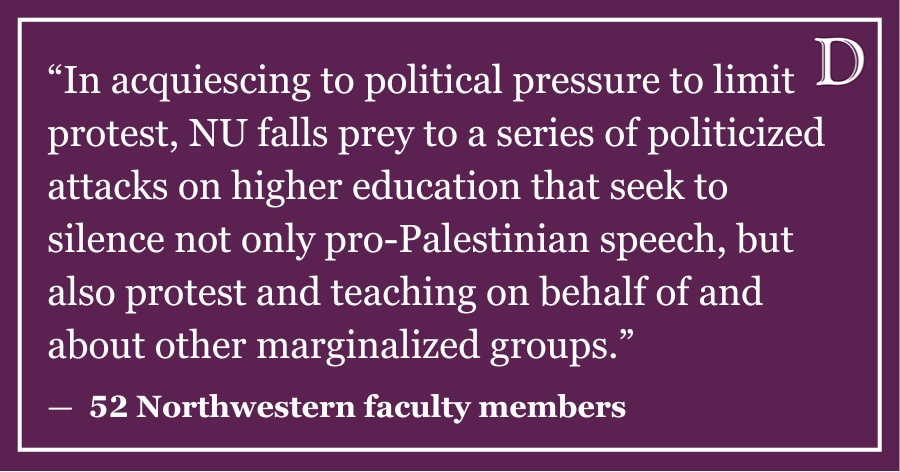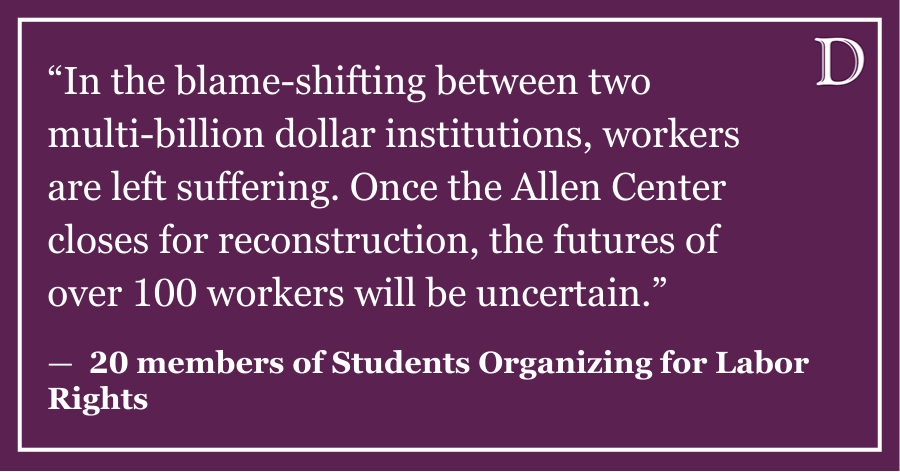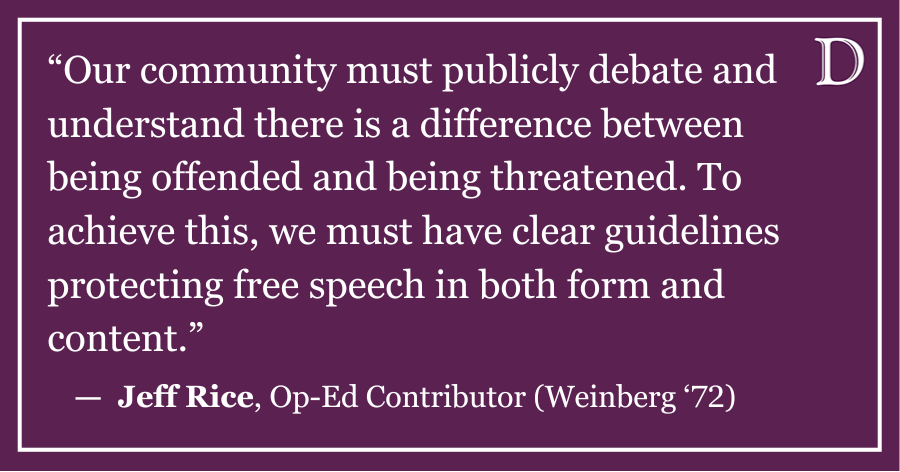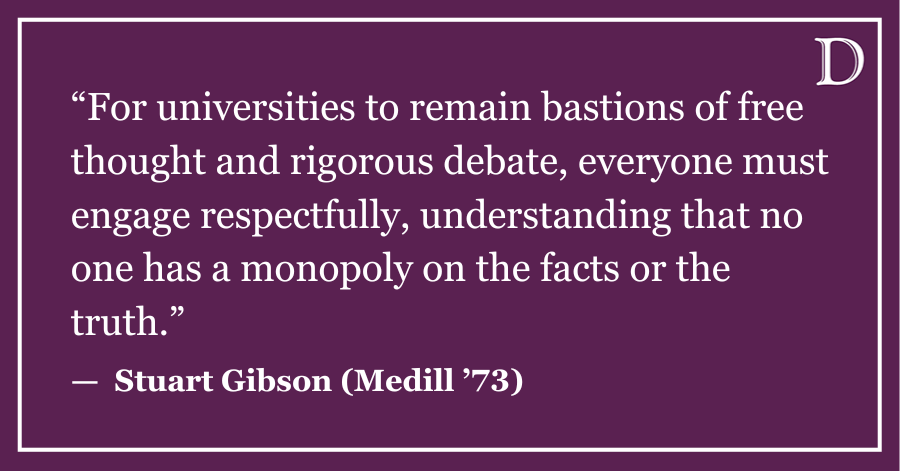In purely economic terms, Hurricane Sandy will cost the United States $20 billion. And although a little less than half of that cash is insured, it cannot come close to accounting for the millions who have been devastated by the storm, the flooded streets, the damage to some of our most treasured landmarks, and the 16 human beings who lost their lives (as of press time, at least 38 have died) to the “one-in-a-generation” storm.
The science is clear. Climate change produces wetter, more intense, and more frequent tropical storms. Drawing a conclusive causal link between climate change and Hurricane Sandy is nearly impossible, but if there exists a wake up call, this surely is it.
We watched from afar this summer while our drought-stricken farmers struggled to produce crops in the erratically dry midwest. We sleepily, passively enjoyed last winter’s unusually comfortable weather. All of these patterns are symptoms of climate change. And not once has Mitt Romney or Barack Obama returned to the issue of climate in this election cycle.
At the RNC, Romney had not the poise to merely disagree with Obama’s policy on climate. Instead, he had the arrogance to proclaim, “President Obama promised to begin to slow the rise of the oceans…” (cue eruption of laughter)… “And to heal the planet…” (cue a little less laughter).
Climate change has been discussed in every presidential election since 1988. But at this critical time in international negotiations, at the time when our nation’s fields and cities are experiencing the beginning of these monumental changes in our climate system, we have retreated to vacuous economic rhetoric and irresponsible jokes.
Romney promised to help us and our families, as though somehow we were not dependent on a habitable planet and a stable climate. If our leaders take seriously the safety of our families, now and in the future, we must all be prepared to act now. “We owe it to our children and grandchildren.”
Mark Silberg, Weinberg junior
ASG associate vice president for sustainability
